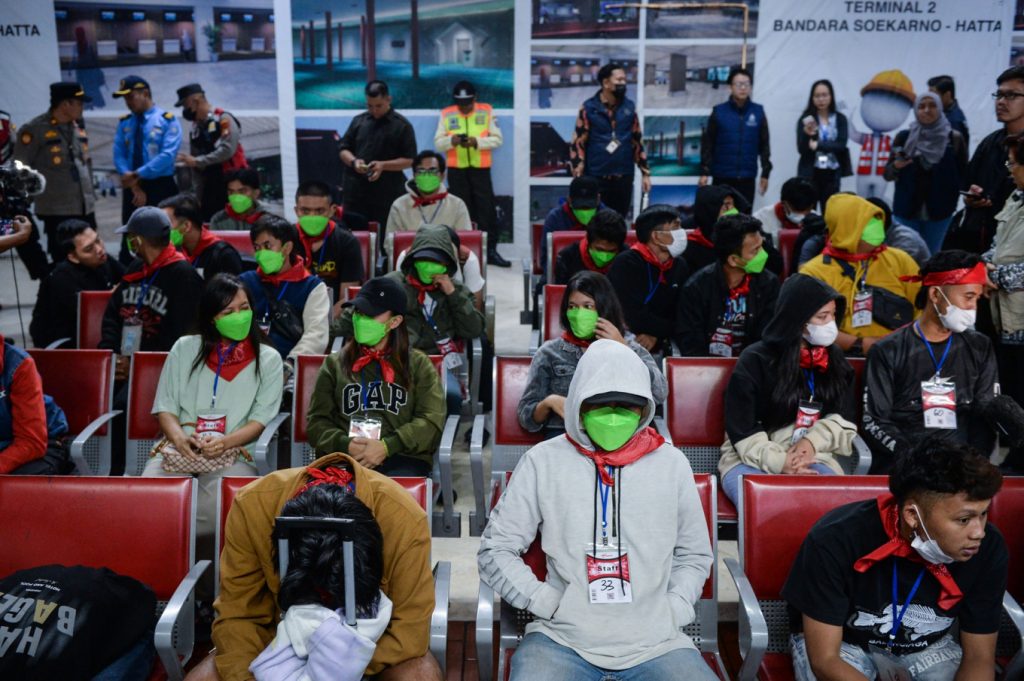The Indonesian government is considering changing the 2017 Migrant Workers’ Protection Law to grant amnesty to undocumented migrant workers and the companies that send them abroad illegally. However, experts and rights groups argue that this move may not effectively address the challenges migrant workers face.
Initially, the proposed amendment aimed to rename the Agency for the Protection of Indonesian Migrant Workers (BP2MI) to the Migrant Workers Protection Ministry. President Prabowo Subianto appointed Abdul Kadir Karding as the first migrant workers minister after taking office in October 2024. However, lawmakers are now discussing broader changes.
During a House Legislation Body (Baleg) meeting on February 3, lawmakers proposed protecting unregistered migrant workers from prosecution if they voluntarily reported their status. The amnesty plan would also shield businesses that send workers abroad illegally under similar conditions.
Baleg deputy chair Ahmad Doli Kurnia explained that this provision could help resolve legal issues undocumented workers face and allow them to access government support. Supporters of the proposal argue that many Indonesian migrant workers are in vulnerable situations and need assistance rather than punishment.
Despite this, critics believe the amnesty could encourage illegal migration rather than prevent it. Rights groups emphasize that instead of offering protection to companies involved in illegal recruitment, the government should focus on strengthening worker protections and enforcing legal pathways for migration.
Indonesia has long struggled with issues related to undocumented migrant workers, particularly those who fall victim to labour exploitation or trafficking. Many workers travel abroad without proper documentation due to financial struggles or recruitment scams, leaving them unprotected in foreign countries.
As discussions continue, the proposed amnesty remains controversial. Lawmakers will need to balance worker protections, legal accountability, and the risk of further exploitation to ensure the policy benefits migrant workers rather than those profiting from illegal recruitment.

